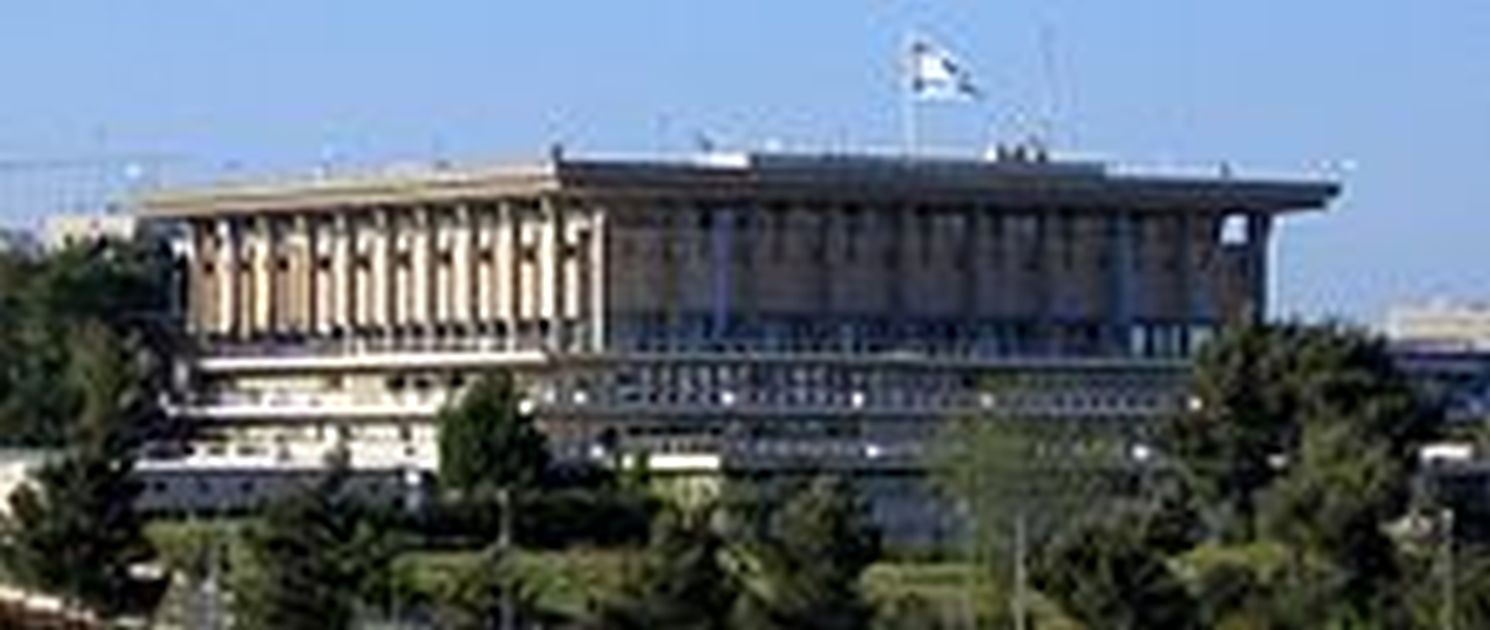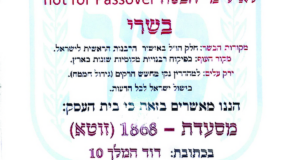“I might also point out that certain government-run institutions have an unfortunate reputation for punctuality.”
 Jerusalem, October 29 – A governmental fact-finding committee on the relationship between state and religion published its findings today following two years of research into the delicate issue, and made several important determinations, among them that the country billing itself as Jewish cannot make a credible claim to that effect unless and until its official institutions follow the venerable Jewish tradition of pointedly not patronizing one of two or more communal institutions. Historically the practice has manifested in refusal to attend a specific synagogue, but in the case of a political entity, the committee determined, the legislature serves as the analogous institution that serves as the litmus test for whether a community has embraced ancestral Jewish practices and ethos that involves having one for purposes of not attending to make a petty personal point.
Jerusalem, October 29 – A governmental fact-finding committee on the relationship between state and religion published its findings today following two years of research into the delicate issue, and made several important determinations, among them that the country billing itself as Jewish cannot make a credible claim to that effect unless and until its official institutions follow the venerable Jewish tradition of pointedly not patronizing one of two or more communal institutions. Historically the practice has manifested in refusal to attend a specific synagogue, but in the case of a political entity, the committee determined, the legislature serves as the analogous institution that serves as the litmus test for whether a community has embraced ancestral Jewish practices and ethos that involves having one for purposes of not attending to make a petty personal point.
The Bar-El Commission, appointed in 2018 to study Israel’s intersection of religion and politics, released the results of its research Thursday. It found that Israel cannot qualify as a Jewish state, despite decades-long insistence on that very matter and fundamental guiding principles of the Zionist movement, if its most prominent expression of governance ignores the definitive Jewish custom of having two parallel institutions, one to attend and one to not attend. The report contends that Israel can only lay claim to the status of Jewish State once it adopts that practice by maintaining two Knessets, one that lawmakers will, in theory, attend, and another that they will specifically not.
 Commission chairman Liron Bar-El told journalists at a press conference this morning that his group’s research found several other indicators of Israel’s Jewishness that also call into question the bold assertion of that as a given. “I might also point out that certain government-run institutions have an unfortunate reputation for punctuality,” he observed, a disqualifying notion vis-à-vis established Jewish practice. “This may not be the case for the majority of institutions or personnel, but it poses some significant countervailing evidence.”
Commission chairman Liron Bar-El told journalists at a press conference this morning that his group’s research found several other indicators of Israel’s Jewishness that also call into question the bold assertion of that as a given. “I might also point out that certain government-run institutions have an unfortunate reputation for punctuality,” he observed, a disqualifying notion vis-à-vis established Jewish practice. “This may not be the case for the majority of institutions or personnel, but it poses some significant countervailing evidence.”
“There’s also the matter of answering a question with a question,” he continued. “For example, witnesses in Israeli courtrooms and depositions are asked whether they undertake to tell the truth, and seldom, if ever, is the response in interrogative form. That on its own might not constitute a compelling datum, but realize that the courts in this ostensibly Jewish state do not mandate such a format. Such a basic element of Jewishness must feature more prominently in the country’s institutions and protocols if we are to accept the assertion that the character of the Jewish state is, in fact, Jewish.”
Some analysts dismissed the report’s main finding, noting that MKs hardly even attend the existing Knesset when it is in session, and that dovetails with established Jewish practice, as well.
Please support our work through Patreon.



